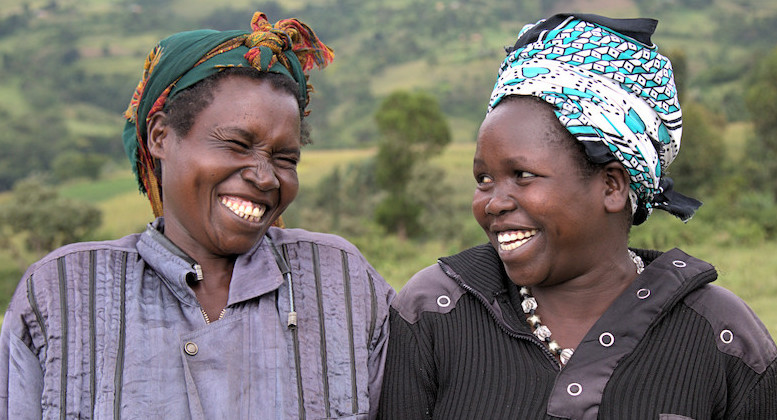31. Women: the backbone of agriculture in Sub-Saharan Africa
 |
| Source: https://www.farmafrica.org/what-we-do-1/women-in-the-field |
In Africa, women provide for the bulk of labor in agriculture. It is especially true for the Sub-Saharan Africa, where around 60% of all employed women work in this sector, making it the largest share of female agricultural labor force in the world.
This is surprising because in sub-saharan Africa, women rarely own land, and most of these women access land through a male relative. These women farmers are heavily dependent on the male population, making them extremely vulnerable. This is also an area that has not benefited from the recent focus on gender equality. According to the Global Gender Gap Report of World Economic Forum, the region is among the world’s most gender unequal regions.
Women participating in agriculture in these countries are facing numerous difficulties. First, lack of access to land, agricultural markets, farm technology, fertilizers, seeds and even training. It is impossible for women farmers to yield the same results as their male counterparts. Second, lack of access to financial services and development schemes. This is aggravated by the lack of financial literacy among the women of the region. Third, a majority of these women have to juggle between family commitments and farming which affects their ability to fully participate in agriculture. And finally, the existence of a dense web of laws and customs. For instance, according to a particular law, women are not allowed to own land!
A report by World Economic Forum titled Grow Africa, Partnering to Achieve African Agricultural Transformation writes that by 2030, the sub Saharan region’s agriculture business in expected to be a $1 trillion sector. Hence there are enormous opportunities in these areas. With the right set of policy initiatives, Africa’s women run farms could contribute extensively to the African economies. Here, I present a few solutions that could improve the condition of female farmers in Africa:
· Equal access to land ownership. This can also result in increased investments in land by women.
· Access to seeds, farm equipment, fertilizers and niche markets
· Introduction of gender sensitive programs to end gender discrimination
· Access to programs in skill development and training
· Providing crèche facilities.
· Establishing women centric financial services to enhance financial literacy.
A simple way this could be achieved is by forming cooperatives. It will enable farmers to pool in their resources together. Another way this can help is by building a common savings and loan scheme. These steps can result in greater financial independence of the female farmers. As they become more empowered, the whole community will prosper and grow.
Comments
Post a Comment